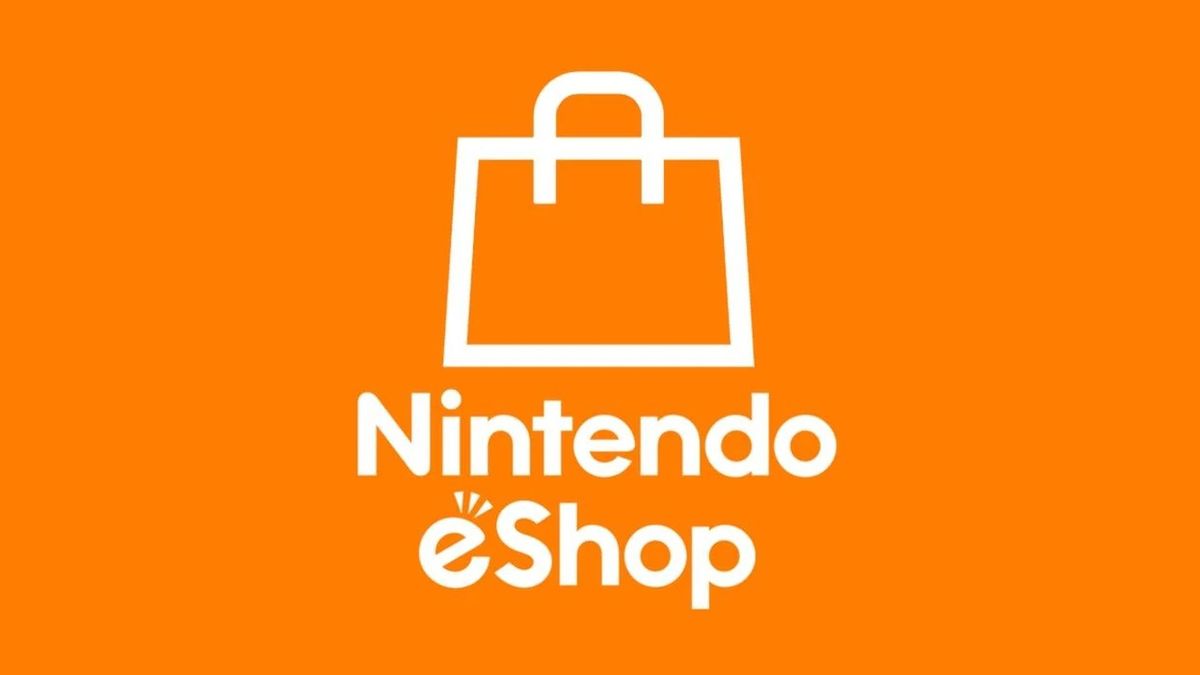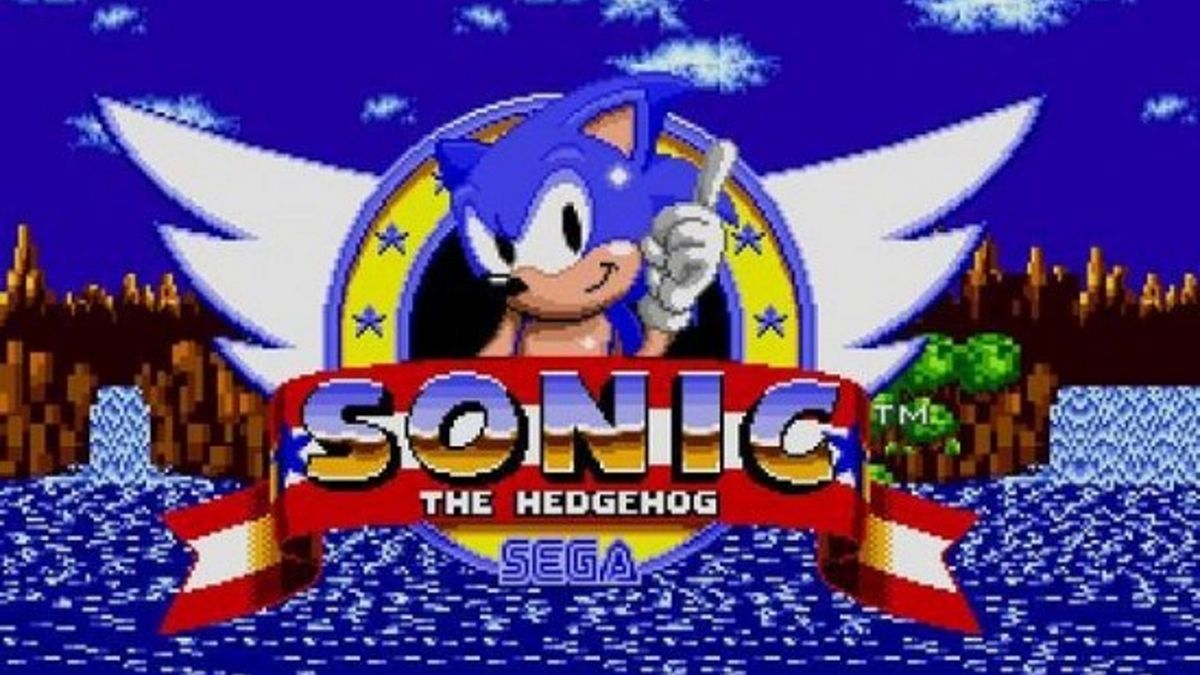Arthur C Clarke Award administrator Tom Hunter discusses the state of science fiction, from definitions to digital futures

(opens in new tab)
It’s just over a month since we announced the 25th winner of the Arthur C Clarke Award, and it’s been a massively (maybe even monolithically) busy past few weeks here at Award HQ.
In case you missed it, our 25th winner was Zoo City by Lauren Beukes (Angry Robot Books) which is, by the way, a totally fantastic book by a brilliant, thrilling and lovely writer, and you should definitely check out the interview with her in the latest issue of SFX (opens in new tab) .
This isn’t a piece on how lovely everything is though – well not entirely – and having spent an inordinate amount of time watching the ongoing conversation and debate on the internet, I thought I’d share a few thoughts on what this latest year for the award might indicate about the broader state of my favourite genre.
First: The argument over genre definitions rages on
In this world nothing can be said to be certain, except death, taxes, and now the eternal debate about what does or doesn’t qualify as proper science fiction.
I must admit a certain guilty fascination with tracking this argument whenever it occurs, but at the same time I can’t help but feel that my time might have been better spent elsewhere – filling in tax forms for example.
My own working definition is pretty broad, and I’d probably lay the blame for that on my old local library, which had lots of those rocket ship stickers ready and waiting to attach to book spines but less time for arranging those books by their nuanced content when everything was all going to end up on the same bookcase anyway.
Our own contribution to this debate has been to start releasing the full submissions list of every book submitted to the award. At this stage it’s important to remember that just because a book is submitted doesn’t automatically mean it’s science fiction, but what it does do is invite our panel of judges to read and consider each book as though it could be.
Our judges also have their own opinions on what is or isn’t science fiction, of course, and it’s this expertise that defines the Arthur C Clarke shortlist each year.
Apologies if this causes occasional shelving problem for genre taxonomists, but it’s an approach that goes back to the origins of the award and Sir Arthur’s wish that the prize be as inclusive as possible. 2011 might have been a monolithic year for science fiction, but the definition of the genre is anything but set in stone.
Second: Twitter is important
How do I explain this in less than 140 characters?
If there’s one tool I used more than any other to track and share the online conversation and coverage this year, it was Twitter.
Lauren Beukes even went as far as to thank her Twitter followers in her winning speech, mentioning them as a great source for instantaneous writers research (mostly on handy subjects such as the best places to dispose of a body in Johannesburg).
There’s a rising tension between the amount of time a fiction writer should devote to their various social media followings and the amount of time they need to actually get their next book written, and likewise there’s a need to carefully balance attempts at self-promotion online. However, the biggest advantage for writers has surely got to be the falling down of the old gatekeepers that stood between them and their readership, and the opportunities available for meeting new people when your job involves large amounts of time sat alone in front of a screen.
For myself, Twitter allowed me to watch news of Lauren’s win spread across the world in real time. I must have spent a good deal of the next few days after the news broke simply watching the term Zoo City be endlessly mentioned and retweeted as people celebrated the news; and there were a lot of people celebrating!
Most exciting thing for me was being able to see the sheer number and diversity of people commenting on Zoo City ’s win. I’m someone who believes that the old clichés and stigmas of being an SF&F fan are fading fast (or at least we’re getting better at the counter argument) but it’s still cheering to actually see the scale of modern science fiction fandom that exists today and realise that, rather than being a small circle of like-minded geeks, I have absolutely no idea who these people are at all, only that we share a common passion for the genre. For me this feels like a very good thing indeed, and why not pop Zoo City into a search on Twitter and have a look for yourself – the chat is still going on!
And finally: ebooks
If Science Fiction is the literature of the future then I shouldn’t have to tell you that change is coming.
Five of the six books shortlisted for this year’s award were available as ebooks and, cross-referencing this with the internet chatter mentioned above, it should come as no surprise that an increasing portion of the SF readership is choosing to read books in an electronic format.
Publishers take note: One of the most frequent comments I saw posted again and again, went along the lines of, “Hey, that book sounds awesome. Can’t wait to check it out. I’m downloading it now.”
I’m paying particular attention to the ways in which electronic publishing and ereading devices are changing the industry because these changes will undoubtedly have far-reaching implications for the Clarke Award itself. For instance, what if a book is only published electronically? Should we insist that it be submitted pre-installed on an iPad and posted off with all the paper submissions? It’s a tricky one.
One immediately positive note though is the way readers can hear about a winning title one minute and be sat reading it the next. It’s also handy when your winning book proves so popular that publishers need to reprint paper copies to meet demand!
Having successfully charted a quarter century as the UK’s premier prize for science fiction, I think it’s fair to say that even while the industry is changing the award itself has never been more important, more relevant or more widely known as it is now.
As the current director of the award, my task now is to look to the next five years and our 30th anniversary. There’s plenty of change afoot, and if there’s one thing science fiction teaches us it’s that the faster the change the stranger things get…
The Arthur C Clarke Award is the most prestigious award for science fiction in Britain, presented annually for the best novel of the year. SFX guest blogger Tom Hunter is the Award’s administrator.
http://www.clarkeaward.com/ (opens in new tab)
http://en.wikipedia.org/wiki/Definitions_of_science_fiction (opens in new tab)
http://twitter.com/laurenbeukes (opens in new tab)
http://www.bookdiva.co.uk/2011/05/the-stigma-of-extravagant-imagination/ (opens in new tab)
http://www.thoughtleader.co.za/amandasevasti/2011/05/25/why-i-love-science-fiction-and-you-should-to/ (opens in new tab)
 Game News Video Games Reviews & News
Game News Video Games Reviews & News



